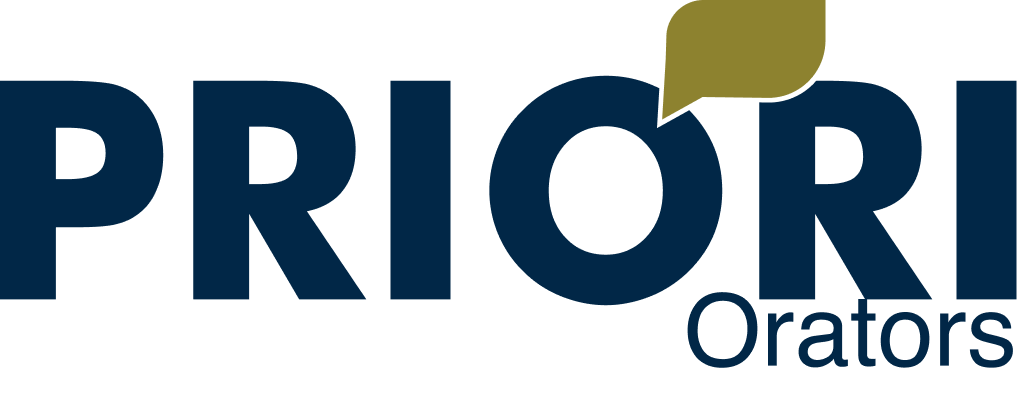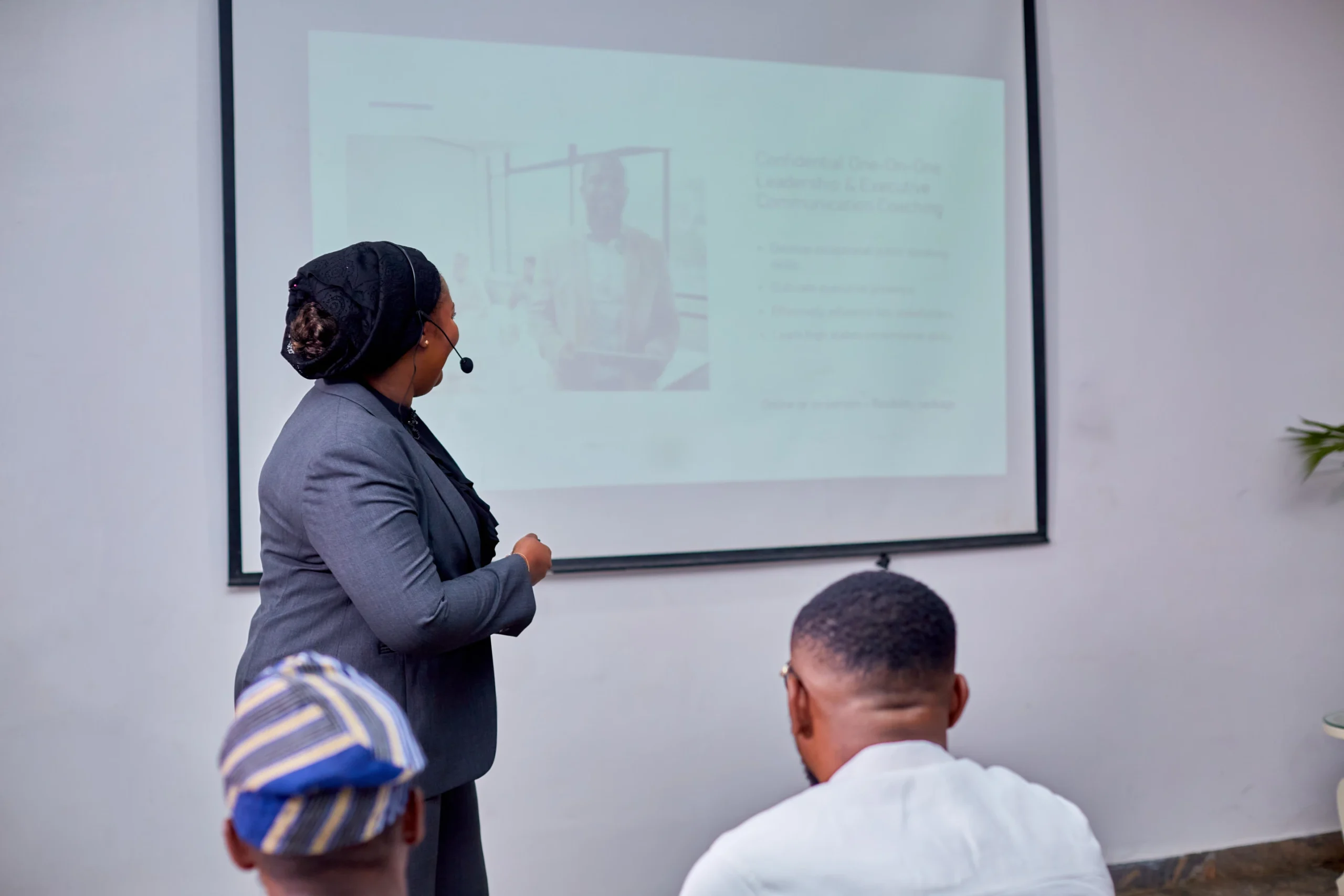In today’s world, a speaker’s stage is not only the podium. It is also the inbox, the webinar platform, the WhatsApp broadcast, the newsletter, and the social media feed. Your audience connects with you across these digital touchpoints, often long before they ever meet you in person.
And in all these interactions, one thing quietly sustains your credibility: trust.
At Priori Orators, we remind our clients that what you say matters, but how you handle the people who listen matters even more. That includes how you collect, store, and use their personal information, from names and phone numbers to email addresses, recordings, and survey responses.
This is where consent management comes in, not just as a legal checkbox but as an act of professional respect and ethical leadership.
Let’s unpack why it is so essential for speakers and coaches, especially in Nigeria and across Africa’s growing professional development space, and how it strengthens your brand, your business, and your impact.
1. Consent is the New Currency of Trust
Whether you are hosting a live training at Ventures Park or running a virtual coaching session with clients from Lagos, Nairobi, and London, your participants are trusting you with more than their time. They are trusting you with their data.
Consent management simply means that you ask before you collect, explain before you store, and protect before you share.
When people register for your webinar, download your free speaking guide, or sign up for your coaching program, they are giving you permission to enter their personal space. That trust is precious, and protecting it is part of your professionalism.
Audiences are becoming more conscious about privacy. They may forgive a late email or a technical glitch, but not the feeling that their details are being used without consent.
So, even if you are not bound by GDPR (Europe) or NDPR (Nigeria Data Protection Regulation), ethical compliance shows that you take yourself and your audience seriously.
2. The African Speaker’s Advantage: Transparency as Differentiation
Many African speakers and coaches are building global visibility. Yet, few pay attention to privacy communication. This presents a real opportunity.
Imagine your registration page clearly states what data you collect, how it will be used, and gives people the option to opt out of recordings or mailings. You have already stood out.
Transparency is not weakness. It is strength. It shows emotional intelligence and professionalism. When clients know their information is safe, they participate more openly, share richer feedback, and stay loyal longer.
In a region where audiences are sometimes skeptical of online offers or unfamiliar platforms, consent management becomes part of your trust architecture, helping you move from “another speaker online” to “a reliable, respected voice.”
3. Consent in Coaching: The Foundation of Confidentiality
Every good coach knows that breakthroughs happen when clients feel safe. But safety is not only emotional; it is informational.
When a client shares personal goals, work challenges, or private reflections, they are entrusting you with sensitive material. The way you manage that information tells them who you are as a professional.
- Having clients sign a privacy and confidentiality form,
- Explaining how session notes are stored or deleted, and
- Asking permission before sharing testimonials or screenshots,
All communicate one thing: you are trustworthy.
In fact, many high-value clients, especially executives and public officials, pay more attention to how securely their information is handled than to your coaching fee. That is how credibility compounds.
4. Events, Webinars, and Workshops: Making Transparency Part of the Experience
When someone signs up for your conference or masterclass, they are doing more than reserving a seat. They are entering a relationship with your brand.
- At registration: clearly explain why you need their email or phone number.
- Before recording: give participants the option to stay off-camera or decline to be included in published clips.
- In feedback forms: let them know how responses will be used or anonymized.
This small act of transparency creates a huge difference in engagement. Participants who feel respected are more likely to contribute during sessions, complete evaluations, and sign up for future events.
At Priori Orators, we have seen this firsthand. Sessions where participants trust the process are the ones where discussions are livelier, energy is higher, and the follow-up conversions are stronger.
5. Compliance and Reputation: Protecting the Brand You Are Building
The Nigerian Data Protection Regulation (NDPR) is not just for banks or telecoms. It also applies to professionals who collect and store personal information, including speakers, coaches, and training organizations.
Ignoring it could expose you to risks you never intended, from formal complaints to reputational damage.
But beyond compliance, think of it as brand insurance.
One privacy mishap, like accidentally sharing a client’s testimonial without consent, can undo months of credibility building.
Fortunately, staying compliant is simpler than it sounds. There are tools like Usercentrics and Cookiebot, and even simpler checklists that help you track who has opted in for communication, which permissions you have received, and what data you hold.
The real work, though, is cultural. It means making data respect part of your team’s DNA.
6. Consent as Leadership: Setting the Standard for the Industry
As a speaker or coach, you do not just influence what people think. You influence how they act. By modeling responsible data practices, you are showing your peers and mentees what leadership in the digital era looks like.
In a marketplace overflowing with noise, ethical practice is a differentiator. The more transparent and respectful your systems are, the more sustainable your success becomes.
You are not just being compliant. You are being credible.
Final Thoughts: Consent is Communication
At its core, consent management is simply good communication — the very craft we teach at Priori Orators.
It is about clarity, respect, and integrity.
When people know that their privacy is safe with you, they listen with more attention, engage with more honesty, and remain with more loyalty.
Because great communicators do not just move audiences. They also protect them.







